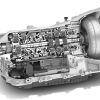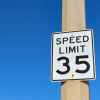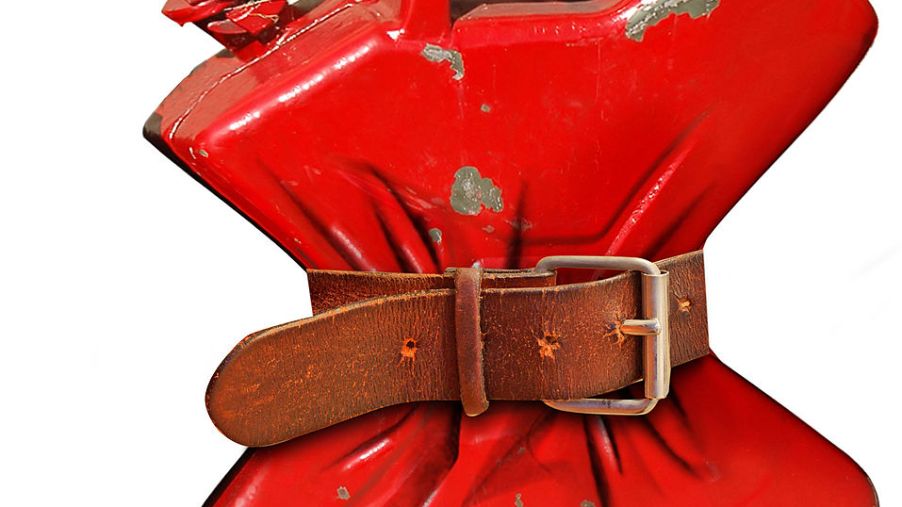
Gas Saving “Tips and Tricks” That Don’t Actually Work
No matter if you drive your car on the weekends or as part of your daily commute, there is one cost that seems to add up quicker than any other: gas. We can’t drive without it, and sometimes the five minutes it takes to stop at the local Circle K to refill your tank seems like a major drag on your day. While we all like to save a little money, these gas saving tips and tricks don’t actually work.
While it’s obvious that you shouldn’t try to save money by using a lower octane than your car requires, there are rumors of some other gas saving tips and tricks that really aren’t all that helpful.
Using a Higher Octane
The Tip: Using a higher octane gas helps improve your gas mileage.
This may seem silly to most, but it is a trend that I’ve heard from many different people over the years.
I don’t know exactly what logic brought someone to this conclusion or what argument was made to convince other people of this, but there is no science behind using a higher octane to improve fuel efficiency. The octane rating of gasoline refers to its chemical composition and ability to complete controlled combustion. The octane rating does not refer to the amount of energy the gasoline has available.
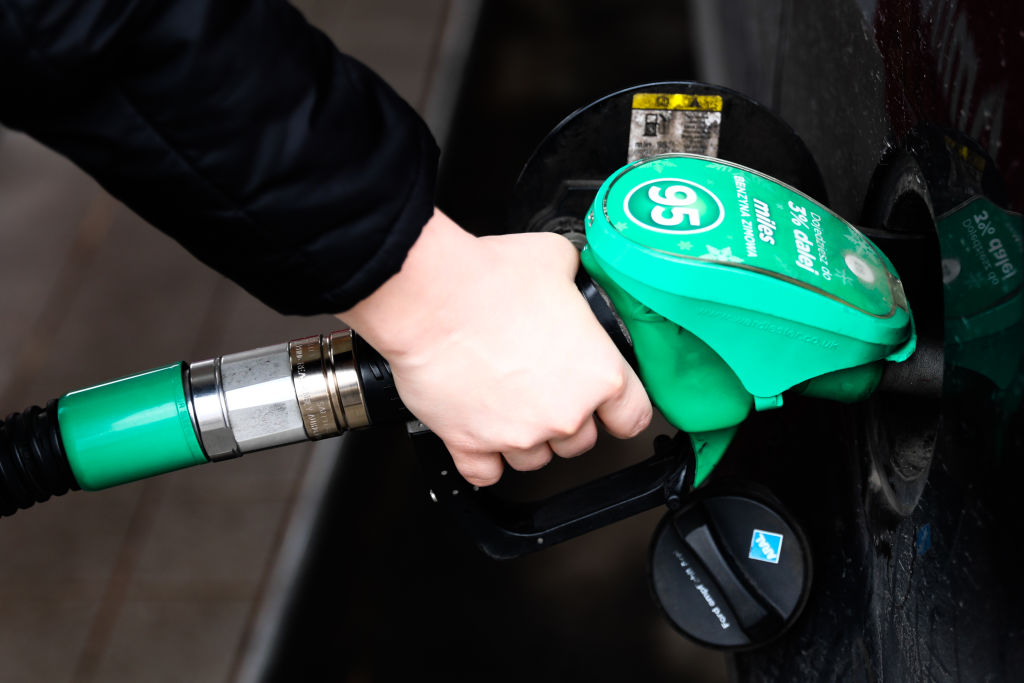
Turning the AC Off
The Tip: Turning the AC off or keeping the AC off requires less fuel to create the energy needed to cool the car, therefor improving gas mileage.
While many people would assume that because AC requires power, and the more power you may need, the more gas you will burn, there is one key point of gas consumption they are missing.
If you are perfectly comfortable with the ambient temperature of your car or are fine with being uncomfortably hot or cold to save a few pennies, this is the “life hack” for you. However, when most people turn off the AC, they usually roll down the windows. Makes sense, right? Staying in a stuffy car with no airflow sounds fine in theory, but most people reach for that window crank almost as soon as the AC goes off. Rolling down the windows increases the drag force on the car, decreasing the car’s aerodynamics and actually decreasing gas mileage.
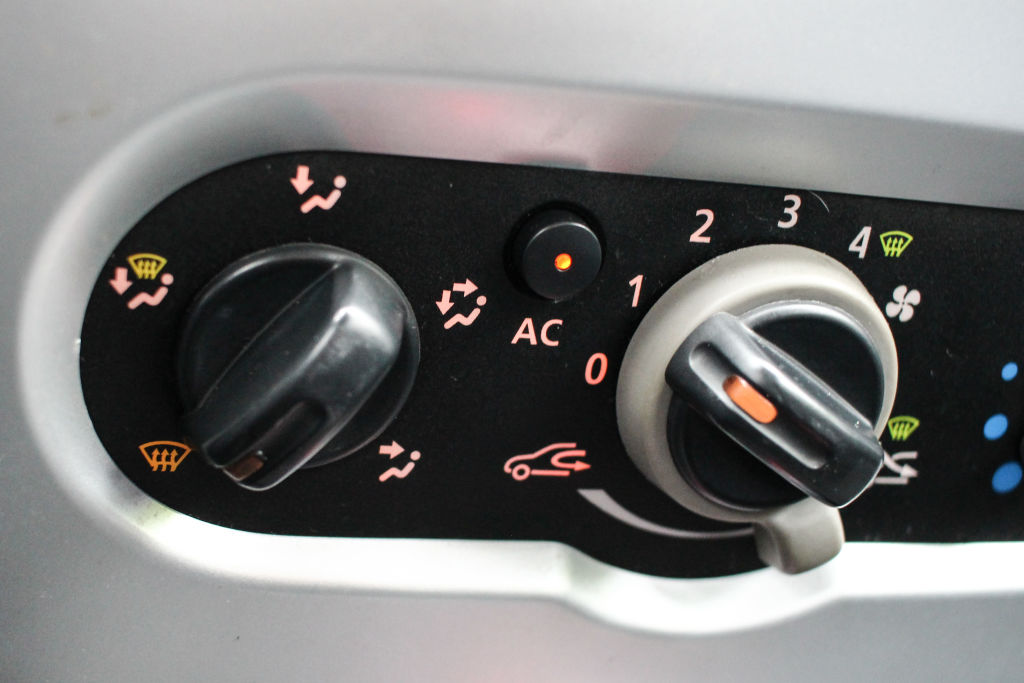
Buying Gas Early In The Morning
The Tip: Buying gas earlier in the morning when it is still colder outside means you get more gas for the same price.
Anyone who has sat through a high school physics class understands that liquid becomes denser at colder temperatures. By extension, gasoline, when it is cooler in the earlier hours of the morning, is denser, so you are getting more gas for the same amount of money.
Unfortunately, this fault in logic is still false. Gas is stored in underground tanks, where the temperature only varies a few degrees, not enough to cause any real changes in the gas’s density.
Overinflating Tires
The Tip: Overinflating your tires helps to ensure your tires will experience the least amount of resistance and friction, increasing your gas mileage.
The tip seems to have been misconstrued from some more well-known gas-saving hacks. The truth is, ensuring your tires are at the correct air pressure is what helps you save gas, and also ensures that you aren’t wearing out your tires faster than you should. To double-check your air pressure, you can buy a nifty little pen-sized air pressure gauge at any auto part store or many gas stations, for just a few dollars.
Ensuring your tires are at the proper PSI – not too high, not too low – is a great way to help your gas mileage, tire life expectancy, and overall safety of your car.
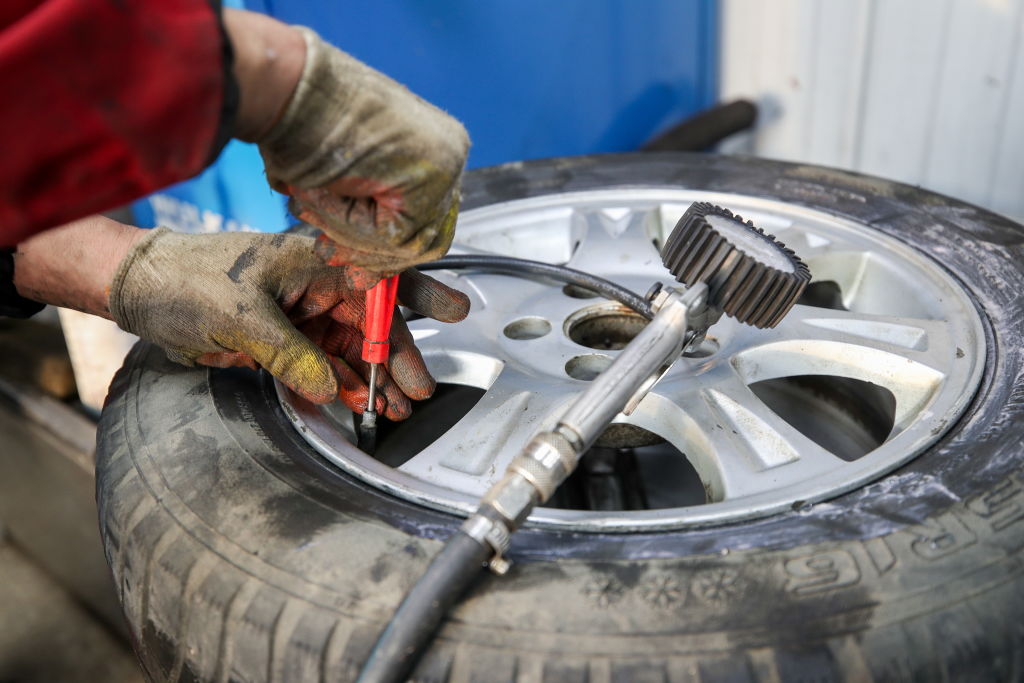
If you have found yourself falling victim to some of these gas saving tips and tricks, it’s alright. If you’re trying to improve your gas mileage, these hacks aren’t going to help, in fact, they may just leave your car feeling a little gassed.
